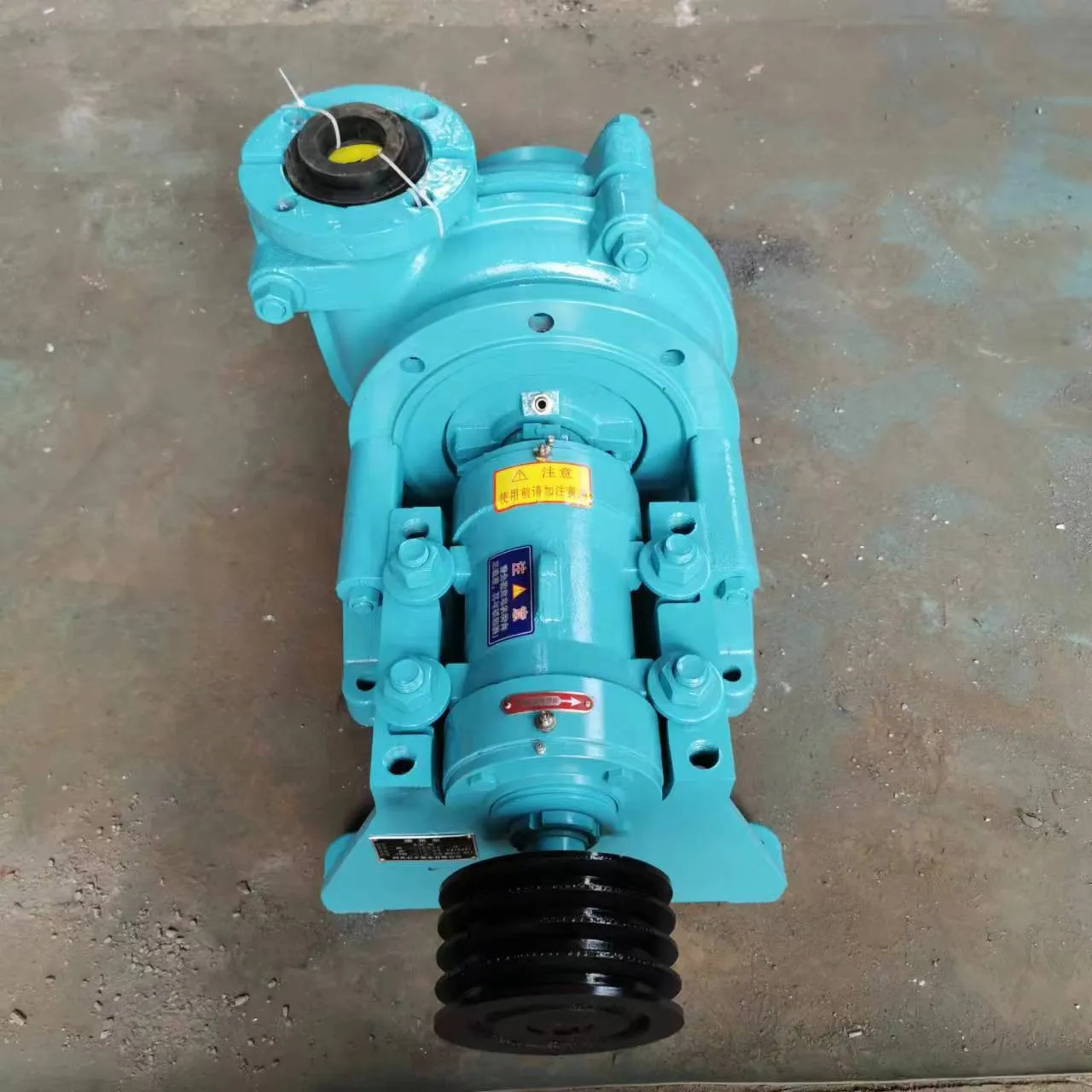irish
- Afrikaans
- Albanian
- Amharic
- Arabic
- Armenian
- Azerbaijani
- Basque
- Belarusian
- Bengali
- Bosnian
- Bulgarian
- Catalan
- Cebuano
- Corsican
- Croatian
- Czech
- Danish
- Dutch
- English
- Esperanto
- Estonian
- Finnish
- French
- Frisian
- Galician
- Georgian
- German
- Greek
- Gujarati
- Haitian Creole
- hausa
- hawaiian
- Hebrew
- Hindi
- Miao
- Hungarian
- Icelandic
- igbo
- Indonesian
- irish
- Italian
- Japanese
- Javanese
- Kannada
- kazakh
- Khmer
- Rwandese
- Korean
- Kurdish
- Kyrgyz
- Lao
- Latin
- Latvian
- Lithuanian
- Luxembourgish
- Macedonian
- Malgashi
- Malay
- Malayalam
- Maltese
- Maori
- Marathi
- Mongolian
- Myanmar
- Nepali
- Norwegian
- Norwegian
- Occitan
- Pashto
- Persian
- Polish
- Portuguese
- Punjabi
- Romanian
- Russian
- Samoan
- Scottish Gaelic
- Serbian
- Sesotho
- Shona
- Sindhi
- Sinhala
- Slovak
- Slovenian
- Somali
- Spanish
- Sundanese
- Swahili
- Swedish
- Tagalog
- Tajik
- Tamil
- Tatar
- Telugu
- Thai
- Turkish
- Turkmen
- Ukrainian
- Urdu
- Uighur
- Uzbek
- Vietnamese
- Welsh
- Bantu
- Yiddish
- Yoruba
- Zulu
Telephone: +86 13120555503
Email: frank@cypump.com
Dec . 23, 2024 03:57 Back to list
submersible water pump industrial
Submersible Water Pumps Revolutionizing Industrial Applications
Submersible water pumps have become a vital component in various industrial applications, transforming the way industries manage water and fluid solutions. These pumps, designed to operate underwater, are crucial for applications ranging from construction and mining to agriculture and wastewater treatment. Their design, efficiency, and versatility are making them an indispensable tool for maintaining effective fluid management in diverse industrial environments.
Understanding Submersible Water Pumps
A submersible water pump is a device that is completely submerged in the liquid it is pumping. Unlike standard pumps, which operate from above the fluid, submersible pumps are designed to push water to the surface by converting rotational energy into kinetic energy, and subsequently into hydraulic energy. This unique design allows for efficient fluid transfer, minimizing the risk of cavitation and improving overall performance.
The motor of a submersible pump is hermetically sealed in a waterproof housing, ensuring that the pump remains operational even when completely submerged. This capability makes them ideal for applications in wells, ponds, and other bodies of water where other types of pumps may struggle to perform or fail entirely.
Applications in Industrial Sectors
Submersible water pumps are utilized across a myriad of industrial branches
1. Construction In construction sites, submersible pumps are essential for dewatering. These pumps efficiently remove excess water from excavated areas or foundations, ensuring that construction activities can proceed without interruption. Their portability and adaptability to various conditions make them ideal for fluctuating water levels.
submersible water pump industrial

2. Mining In mining, where groundwater infiltration is a common challenge, submersible pumps are employed to manage water levels. These pumps help maintain safe working conditions by preventing flooding, ensuring that operations can continue smoothly. They are particularly favored for their ability to handle abrasive materials often found in mining environments.
3. Agriculture Submersible pumps play a key role in agricultural irrigation systems. By extracting groundwater from wells, these pumps aid in delivering essential water resources to crops, particularly in arid regions. Their efficiency also contributes to sustainable water management practices in agriculture.
4. Wastewater Treatment In wastewater management facilities, submersible pumps facilitate the movement of sewage and other waste fluids. They are designed to handle solids and harsh chemicals, making them suitable for the rigorous demands of wastewater treatment processes. Their use reduces the environmental impact of waste disposal and promotes cleaner water systems.
Advantages of Submersible Water Pumps
The advantages of submersible water pumps extend beyond their operational capabilities. Firstly, they are designed for energy efficiency, often requiring less power compared to above-ground pumps. This attribute not only reduces operational costs but also makes them a greener option.
Additionally, submersible pumps are quieter than traditional pumps since they operate underwater, significantly benefiting work environments that prioritize minimal noise. Their compact design allows for easy transport and installation, enhancing their versatility across various applications.
Conclusion
In conclusion, submersible water pumps are game-changers in the industrial world. By offering reliability, efficiency, and adaptability, these pumps are essential for addressing the diverse challenges faced by different sectors. As industries continue to evolve, the significance of submersible water pumps will only grow, driving innovation and efficiency in fluid management solutions worldwide. As we look ahead, investing in advanced submersible pump technology is imperative for industries aiming for sustainable growth and efficient water management practices.
-
ISG Series Vertical Pipeline Pump-Chi Yuan Pumps Co., LTD.|High Efficiency&Energy Conservation
NewsJul.30,2025
-
ISG Series Vertical Pipeline Pump - Chi Yuan Pumps Co., LTD.|Advanced Hydraulic Design&Energy-Efficient Solutions
NewsJul.30,2025
-
ISG Series Vertical Pipeline Pump - Chi Yuan Pumps Co., LTD.
NewsJul.30,2025
-
ISG Series Vertical Pipeline Pump - Chi Yuan Pumps Co., LTD.|energy-efficient fluid handling&industrial durability
NewsJul.30,2025
-
ISG Series Vertical Pipeline Pump - Chi Yuan Pumps | Advanced Engineering&Industrial Efficiency
NewsJul.30,2025
-
ISG Series Pipeline Pump - Chi Yuan Pumps | High Efficiency, Energy Saving
NewsJul.30,2025










